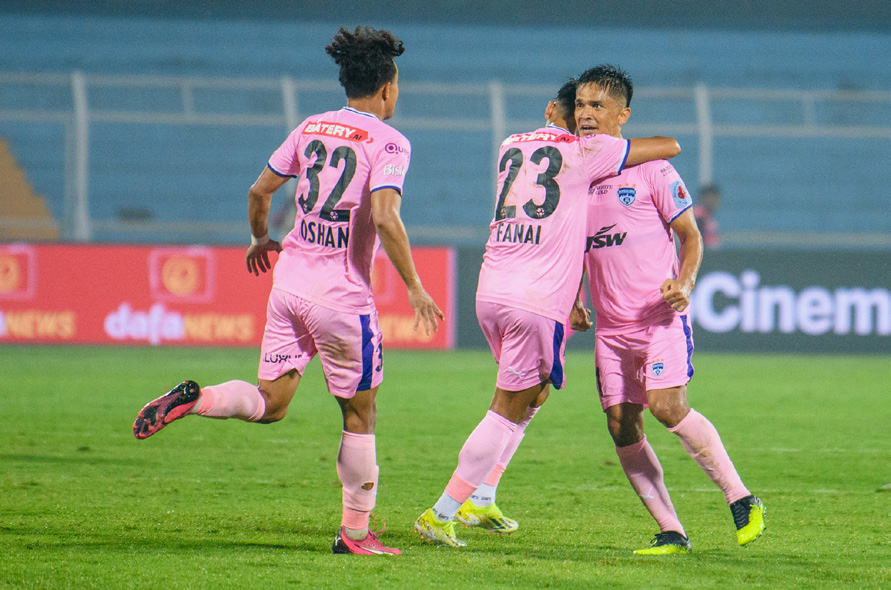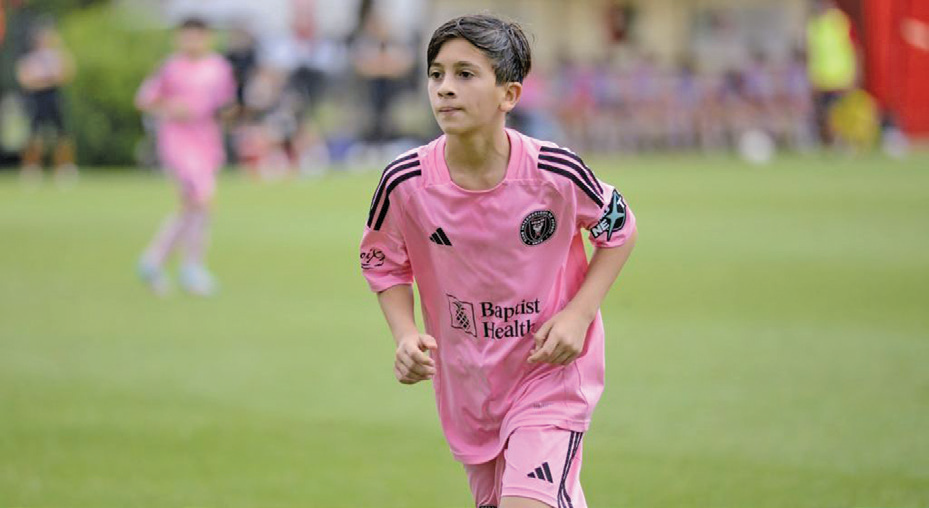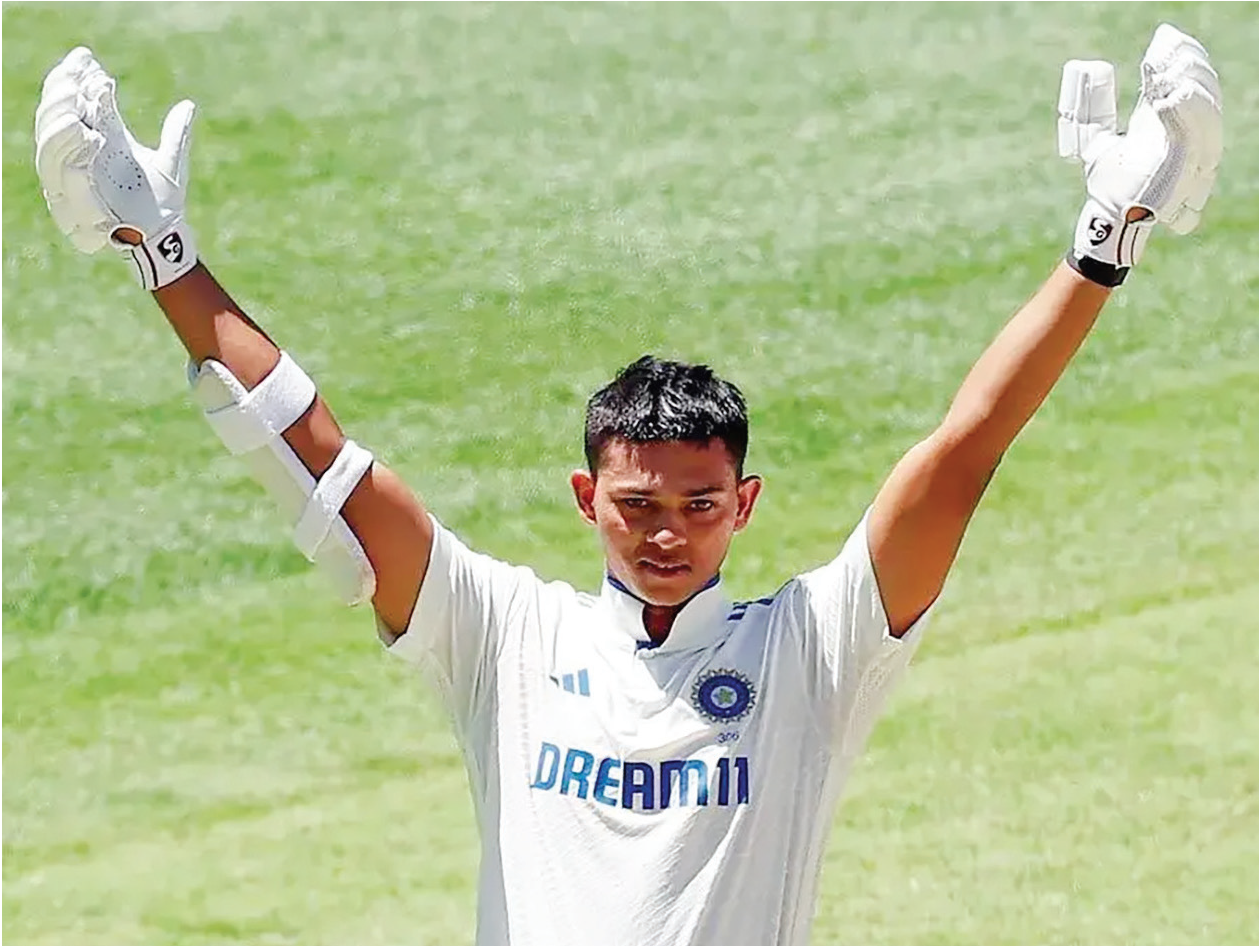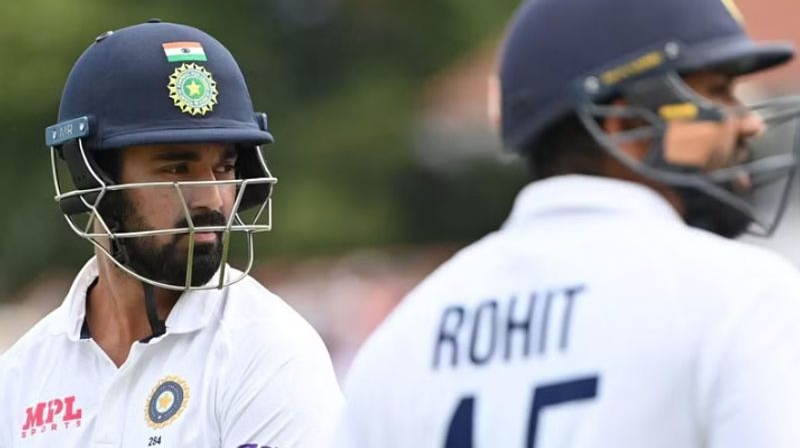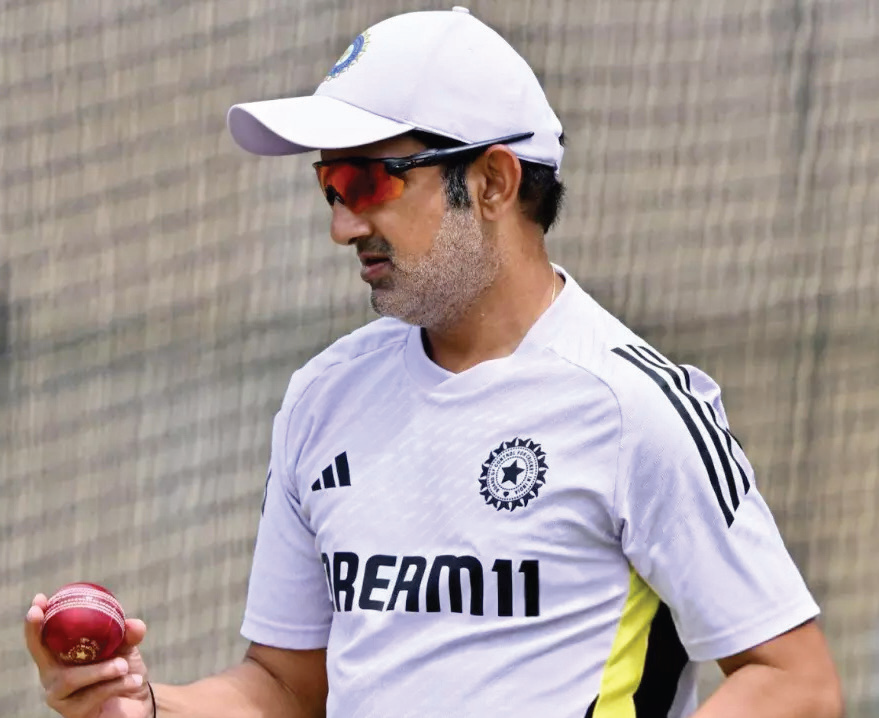
Will he stay or will he go? Djokovic’s hearing looms large
Djokovic had his visa cancelled after arriving at Melbourne airport last week when Australian border officials ruled that he didn’t meet the criteria for an exemption to an entry requirement that all non-citizens be fully vaccinated for COVID- 19.
His lawyers have since filed court papers in his challenge against deportation from Australia that show Djokovic tested positive for COVID-19 last month and recovered. He used that as grounds in applying for a medical exemption to Australia’s strict vaccination rules.
The case is scheduled for a virtual hearing to appeal the visa cancellation. It will take place at 10 a.m. local time in Melbourne (2300 GMT Sunday) in the Federal Circuit and Family Court of Australia.
On Sunday, Australian media reported that a federal government bid for extra time to prepare its case against Djokovic was denied. The application, made on behalf of Home Affairs Minister Karen Andrews during the weekend, sought to adjourn the final hearing by two days — just five days from the start of the Australian Open.
Federal Circuit Court Judge Anthony Kelly refused the application and the case will resume on Monday as planned.
In Serbia on Saturday, Djokovic’s family held a rally in support of him in Belgrade for the third successive day, and Prime Minister Ana Brnabic assured him of her government’s support over his visa battle to ensure he can enter Australia and defend his Australian Open title.
The tournament begins Jan. 17 — just a week from his court date.
“We’ve managed to make sure gluten-free food is delivered to him, as well as exercising tools, a laptop and a SIM card so that he is able to be in contact with his family,” Brnabic said.
It comes as Australian media reported that immigration officials denied a request to have Djokovic’s personal chef cook meals for him in the immigration hotel.
Djokovic is nine-time Australian Open champion. He has 20 Grand Slam singles title, a men’s record he shares with Roger Federer and Rafael Nadal.
In Djokovic’s perfect world, he would have been eating food cooked by that personal chef, worked out at a gym and trained every day on-court since his arrival, mingling with his support group and friends along the way.
Instead, he’s been confined to his room in a modest immigration hotel in downtown Melbourne, with guards in the corridor.
The case has become a complex one. Djokovic was given a medical exemption backed by the Victoria state government and Australian Open organizers on Jan. 1, based on information he supplied to two independent medical panels. He was approved for a visa electronically.
But it has since emerged that the Victoria state medical exemption, allowed for people who tested positive for the coronavirus within the last six months, was deemed invalid by the federal border authorities.
It would have been valid to enter the tournament, but it wasn’t enough to satisfy the Australian Border Force.
 English daily published in Bengaluru & Doha
English daily published in Bengaluru & Doha

